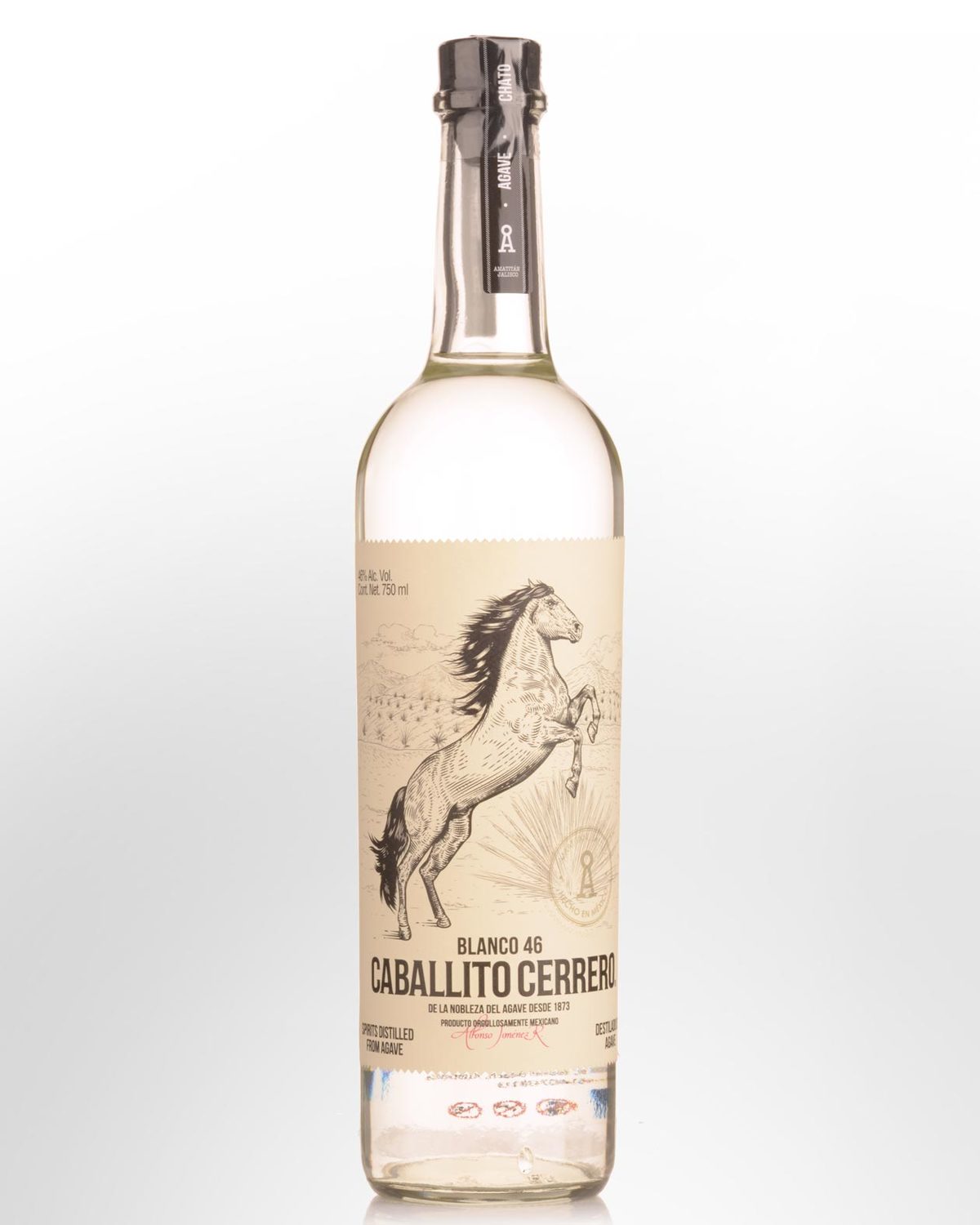
- 93
El Caballito Cerrero Blanco 46 Chato Agave Spirit (750ml)
This expression employs the rare but traditional agave varietal "Chato" (Angustifolia). This squat agave is not uncommon in the valley around Guadalajara and would have been used in distilleries to produce spirit prior to the tequila "normas" being established in the middle of the 20th century. Chato's character is generally described as more vegetal than the Blue Weber. Here the aroma opens like an Anejo Tequila, hinting at honeycomb and caramel with air contact revealing more green agave character as well as hints of papaya. It's light to medium bodied, silky and graceful with low-key waxy, briney flavours followed by fruit bread; There's a resemblance to a fine barrel aged grappa, but it gets more distinctively agave-like through the aftertaste. The result is a fascinating glimpse into what the spirit of Mexico might have tasted like two or three hundred years ago. 46% Alc./Vol.
